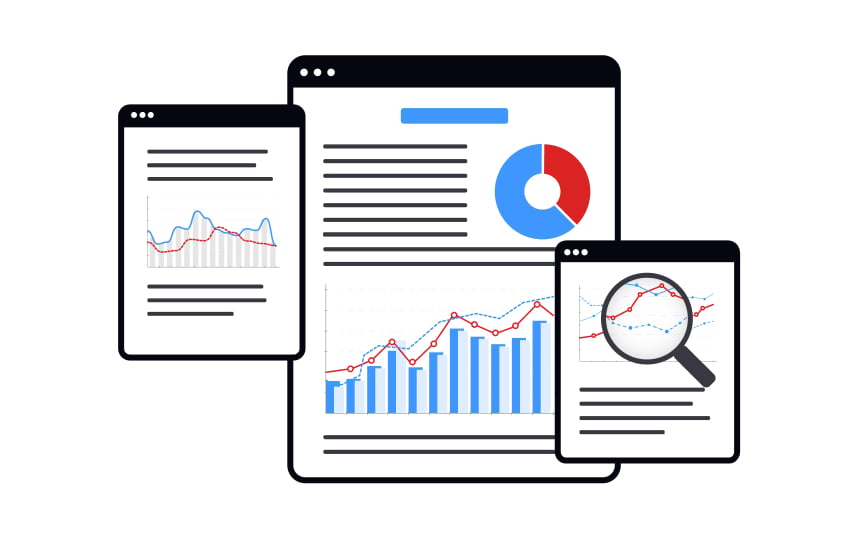Research ethics when dealing with big data
Big data refers to a large volume of digital data transaction processing systems, customer databases, documents, emails, medical records, internet clickstream logs, mobile apps, and social networks. It also includes machine-generated data, such as network and server log files and data from sensors on manufacturing machines, industrial equipment, and internet of things devices.[1]
Companies collect and use this data in machine learning projects and to identify general trends and correlations. Unfortunately, big data is often used and transferred between companies without notifying users. 79% of Americans report that they were at least somewhat concerned about how companies use the data they collected about them.[2]
It's easy to think you're not breaking any ethical rules by asking users to agree to your Privacy Policy, but most people don't even read them. According to an Ofcom report, 65% of users accept the terms and conditions and the privacy policy without reading them.[3] It means people can be affected by big data research, and you will have to face complaints even if you don't legally violate any regulations.
Even if you’re conducting user research without face-to-face communication, it’s essential to remember that big data is still about people. You may accidentally reveal someone's identity by mentioning a combination of their data like birth date, gender, location, and digital activity in your research.
Also, remember that big data can be hard to interpret without context and can lead you to the wrong conclusions. For example, a photo on Instagram can represent an approval/disapproval of a phenomenon, a simple observation, or an attempt to look better in the followers' eyes.
Pro Tip: Develop the code of conduct for your company to provide guidance on using big data.
References
- What is Big Data and Why is it Important? | SearchDataManagement


